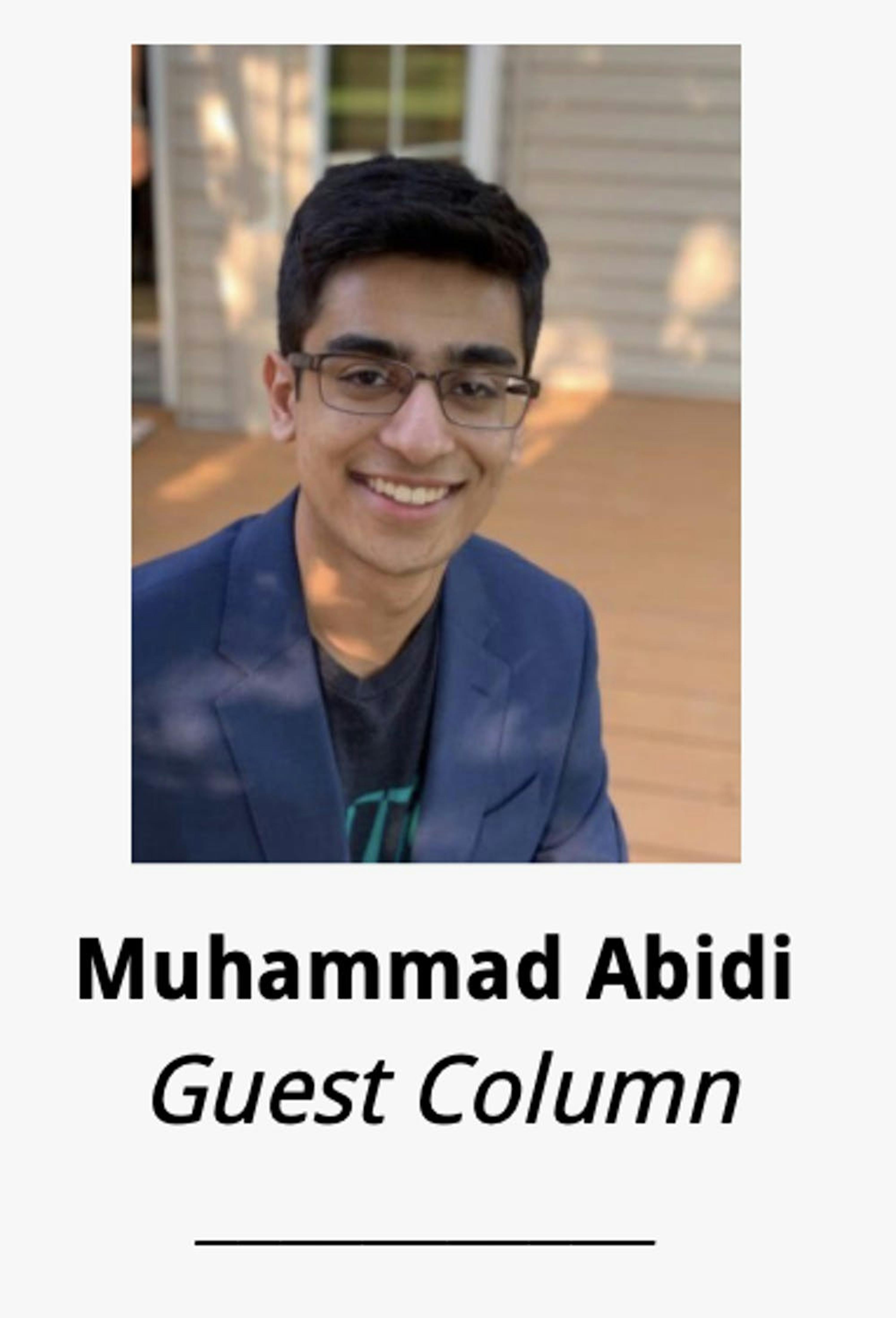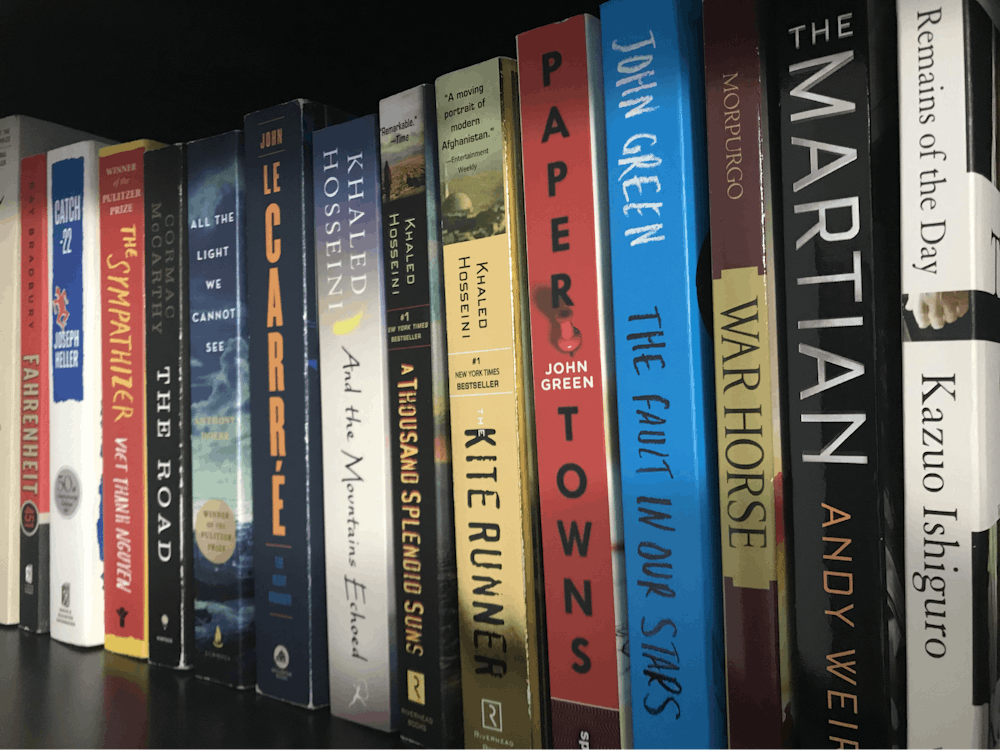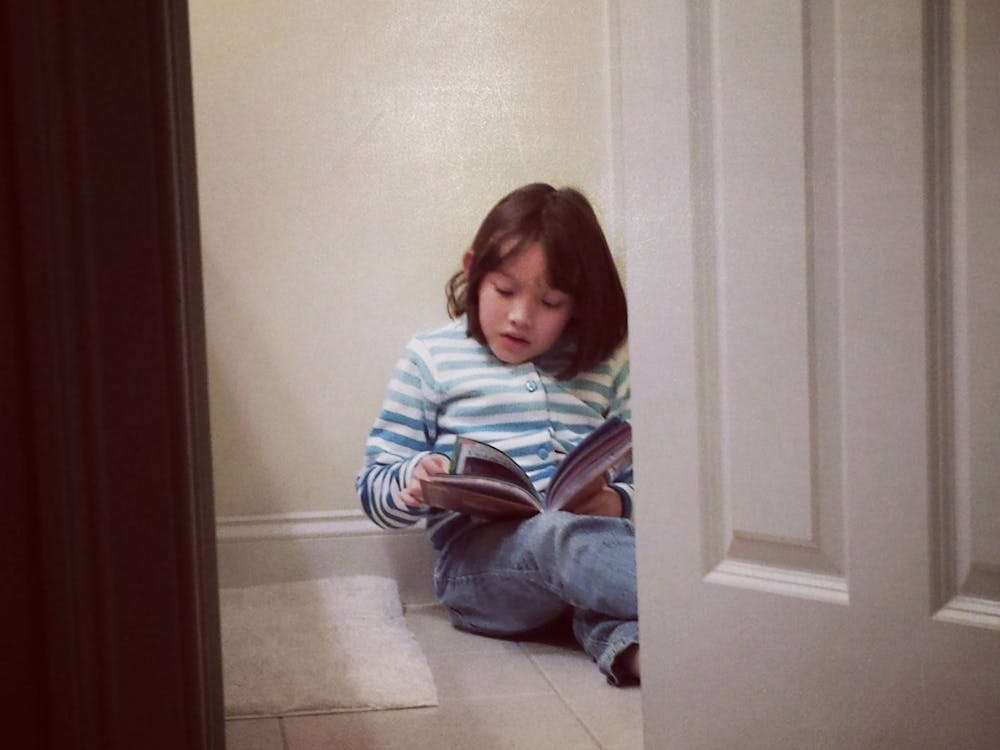
If you are reading this piece, then you are already on the path to self-actualization. This is not necessarily because reading it will create newfound value in your life but because reading it reflects your willingness to learn from the experiences of others.
Reading is perhaps the single most effective habit in learning about the world and, in turn, about oneself. Just to think of it in quantifiable terms, oftentimes authors of books have dedicated entire months, years, even lifetimes to writing a story. Reading it, however, only takes a few days or weeks. For us, the readers, there are not many other content consumption options that offer such a high yield on time invested.
Furthermore, with the advent of audiobooks, books have become even more accessible, as now we can simply listen to “read.” We can read during the mundane tasks of life, such as folding clothes, cooking, driving, the list goes on.
As a result, we can digest reading material even quicker. For example, we can learn from the lives of one of America’s founding fathers, Alexander Hamilton, in a few hours through an audiobook biography. (Alternatively, you could also watch Lin-Manuel Miranda’s much-acclaimed Hamilton production, but for now I’m focusing on reading). It took Hamilton his entire life to learn those lessons that are present in Ron Chernow’s biography on him. We can learn the same lessons in essentially a week’s commute.
Having established that reading is very likely the best way to learn about the world, it is also natural to ask why it is important to learn from these historical or fictional stories.
There is the obvious answer to that question, which is that learning from such recorded or made-up experiences can better inform our future decisions. This is because we can draw upon the choices and situations that worked — or didn’t — for individuals in those books, such as Winston Churchill or Cornelius Fudge.
However, I would also like to propose that we should place more emphasis on the self-reflection that can also be promoted through reading books. By empathizing with or relating to certain characters or situations, we can find where our internal principles and aspirations lie. We may find ourselves easily agreeing with a novel’s message or experiencing some internal friction with the values of its characters. Regardless, it can allow us to determine what our innate values are and how they guide us.
Distinctly, I remember reading a fabulous novel, The Remains of the Day, and realizing that many of the principles of the protagonist are those that I hope to continuously work on, such as self-reflection, patience and dignity. More modernly, I find applicable virtues in the protagonist of The Martian, such as scientific problem solving and unyielding perseverance. Finding such characters who mirror similar values or who represent opinions opposite to mine drives my reading interests. Following the journey of an individual’s self-actualization helps guide my own.
Oftentimes self-actualization may be tossed around as a phrase, lacking substance; however, we should realize that self-actualization encompasses more than simply “achieving our goals.” Self-actualization critically includes “finding ourselves,” which requires that we understand how we act and what drives our thoughts and actions. So we should strive for this internalized self-awareness rather than simply focusing on specific, perhaps material goals that we just believe will define our identities.
Books are a great way to work towards both this self-awareness and, in turn, self-actualization. Another often underappreciated value of physically reading or even listening to audiobooks is the attention it requires. Reading a novel, biography or even an encyclopedia is a craft, much like writing those works is. To truly reflect on the lessons and messages of a book, we must deliberately focus our attention on the words on the paper or, more frequently now, on the screen.
In our current climate, social media apps profit from diverting our attention, but purposeful reading can act as a safeguard for it. By consciously paying attention to a book and not losing control of it to news flashes or constant notifications, we can better provide our deliberate attention to real-life relationships and work. So, reading also results in these practical benefits in a perhaps more tangible manner than self-awareness as an abstract concept.
Having been able to use quarantine time to revisit books I had previously read, finally read ones I had saved and discover new gems, I have grown to support the notion that “you are what you read.” On a literal level, I read the intricately narrated stories in Being Mortal, reinspiring my appreciation for the medical profession and reaffirming that, alas, I am mortal. Less jokingly, I read the Inkheart trilogy, a series written for younger children, but with its strong message on the power of books, I once again realized my own passion for reading.
So, we should keep reading because I suppose, according to the above notion, if we read nothing, then we are nothing.
You can read any crafted story, whether it’s in the form of novels, biographies, graphic novels, short stories, travel guides, memoirs — you name it. And it is definitely okay to not finish a book or piece that you start; however, we should try to use that as motivation to find a different book that is better suited to our taste instead of being discouraged from the act of reading itself.
Now that books are so widely available through countless options, including audiobooks, we can start reading almost as easily as sending a text message. When I began rebuilding my habit of reading, I would simply set aside even 10 to 15 minutes every day to read, and at first, I started with reading the editorial columns in newspapers, not even full books.
Let us get back in the habit of reading, for without it who is going to write? And if no one will write, who will think?
Muhammad Abidi is sophomore studying molecular and cellular biology from Onalaska, Wisconsin. His column reflects on notions of productivity and personal development to navigate the journey towards self-actualization.





